Social Issues
career growth, education system, entrepreneurship, financial instability, future of youth, global unemployment crisis, government policies, job creation, jobless youth, mental health, skill development, social issues, unemployment effects, youth empowerment, youth unemployment, Zeeshan Azhar
Zeeshan Azhar
0 Comments
Unemployment and Its Effects on Young People’s Future
Introduction
Unemployment has become one of the most pressing global challenges of the modern age. For young people, the inability to find meaningful work after years of education can be devastating. It not only affects their financial stability but also damages their mental health, motivation, and outlook on life. In many societies, youth unemployment continues to rise despite advancements in technology and education. Understanding how unemployment impacts young individuals and their future is crucial for building supportive policies and stronger communities.
1. The Growing Concern of Youth Unemployment
Youth unemployment is not limited to developing countries — it is a global issue. Millions of graduates struggle to secure jobs matching their qualifications. This mismatch between education and market demand creates frustration and disillusionment. In developing economies, lack of industrial growth, poor job creation, and limited access to resources further worsen the problem.
According to the International Labour Organization (ILO), youth are nearly three times more likely to be unemployed than adults. This alarming trend threatens economic progress and social stability.
2. Financial Instability and Dependence
One of the most immediate consequences of unemployment is financial insecurity. Young people without a steady income often rely on their families for support, leading to dependency and a sense of inadequacy. Over time, this can strain family relationships and reduce self-esteem. Many youths are forced to accept underpaid or temporary jobs, leading to exploitation and lack of career growth.
Financial instability also delays important life milestones such as marriage, home ownership, or higher education. This cycle of uncertainty traps young people in a constant struggle to survive rather than thrive.
3. Psychological and Emotional Impact
Unemployment deeply affects the mental health of young people. Feelings of hopelessness, anxiety, and depression are common among job seekers who face repeated rejection. When society values people based on professional success, being unemployed often leads to a sense of failure.
Moreover, the social stigma attached to joblessness can isolate young individuals from peers. They may lose motivation to pursue new opportunities or upskill themselves. Long-term unemployment can erode self-confidence and result in long-lasting psychological damage if not addressed properly.
4. Impact on Skill Development and Career Progress
Every year spent unemployed is a year of lost learning and experience. Without regular engagement in work, young people may lose the skills they learned or fail to adapt to new ones required by the changing job market. This “skill decay” makes it even harder for them to re-enter the workforce later.
Furthermore, employers often view long employment gaps negatively, creating a vicious cycle where joblessness leads to fewer opportunities. This hampers future career growth and contributes to a decline in national productivity.
5. Social and Economic Consequences
Unemployment among youth has broader social consequences. It increases poverty, reduces consumer spending, and weakens the overall economy. When young people cannot contribute to society, it leads to wasted potential and social unrest. Idle youth are also more likely to become involved in negative activities such as crime, substance abuse, or extremism.
A society that neglects its youth risks long-term instability. Hence, governments and communities must take active measures to create employment opportunities and promote entrepreneurship.
6. The Role of Education and Skill Development
One major reason for youth unemployment is the gap between education and industry needs. Many educational institutions focus on theoretical knowledge instead of practical skills. To address this issue, vocational training, internships, and digital literacy programs should be prioritized.
Encouraging students to pursue fields in demand — such as technology, renewable energy, and healthcare — can improve employability. Moreover, soft skills like communication, teamwork, and problem-solving are essential for success in modern workplaces.
7. Entrepreneurship as a Solution
Not every young person will find a job, but they can create one. Promoting entrepreneurship among youth can significantly reduce unemployment rates. With the rise of digital platforms and e-commerce, starting a small business has become easier than ever. Governments and financial institutions can support this by offering startup loans, mentorship, and skill-building programs.
Entrepreneurship not only provides income but also builds confidence and contributes to the economy by generating jobs for others.
8. The Importance of Policy Support
To combat youth unemployment effectively, governments must implement strong policies that connect education, training, and job creation. Investments in industries that can absorb large numbers of young workers — such as agriculture, technology, and manufacturing — are essential. Public-private partnerships can also open new pathways for employment and innovation.
Social welfare programs and mental health support should be available to those struggling with joblessness, ensuring that no young person feels left behind.
Conclusion
Unemployment is more than just an economic issue — it is a social and emotional challenge that shapes the destiny of young generations. When youth lose faith in the system, society risks losing its most powerful asset: human potential. By providing education aligned with job markets, encouraging entrepreneurship, and offering mental health support, we can help young people reclaim their future. The road may be long, but with collective effort, hope and opportunity can once again guide the youth toward a better tomorrow.
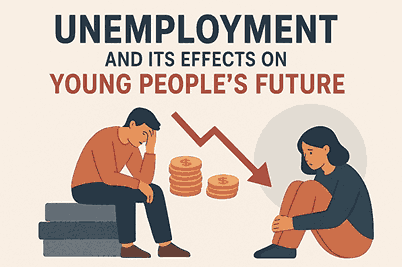
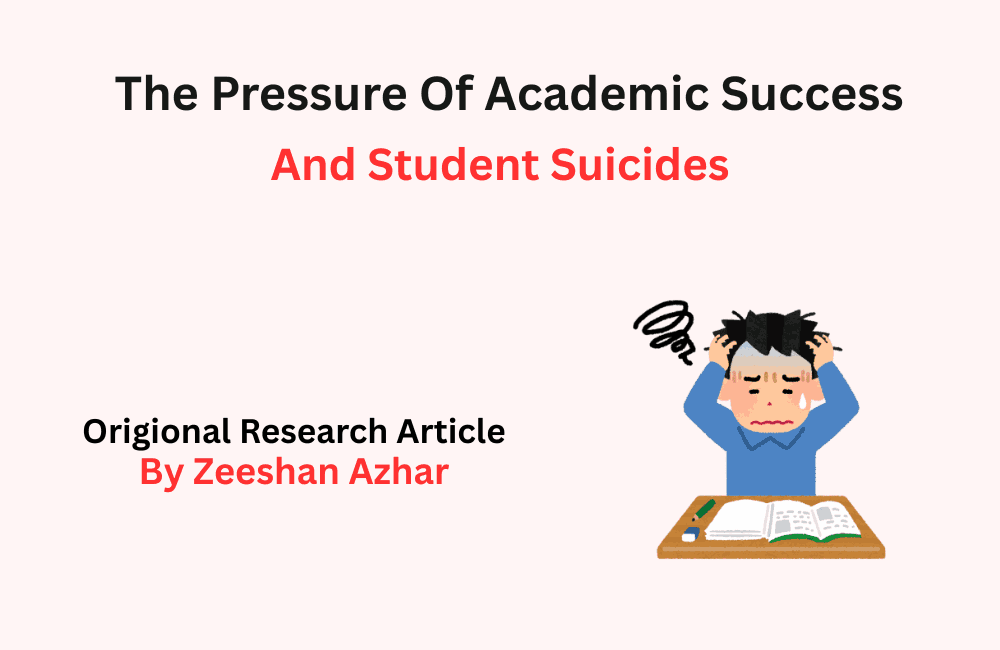
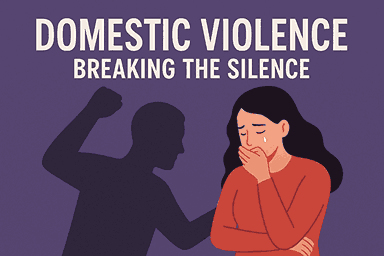
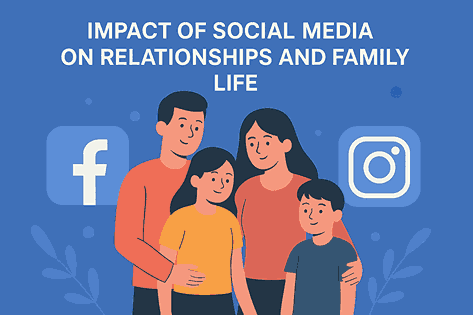

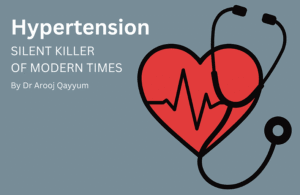
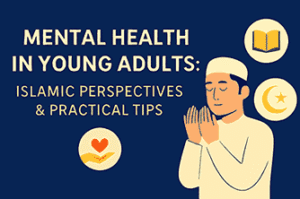
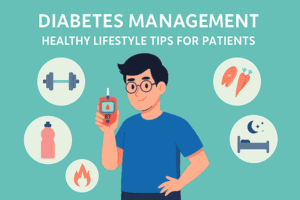
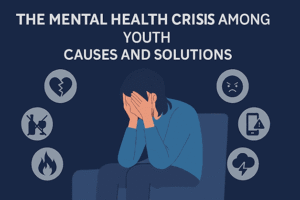
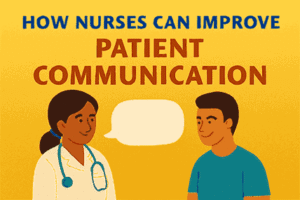
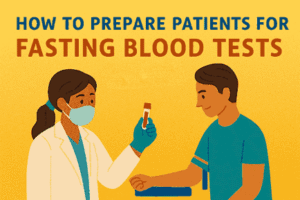
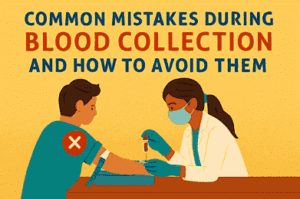
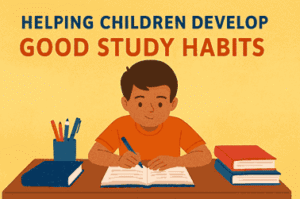
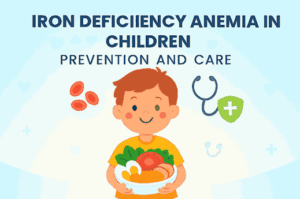
Post Comment